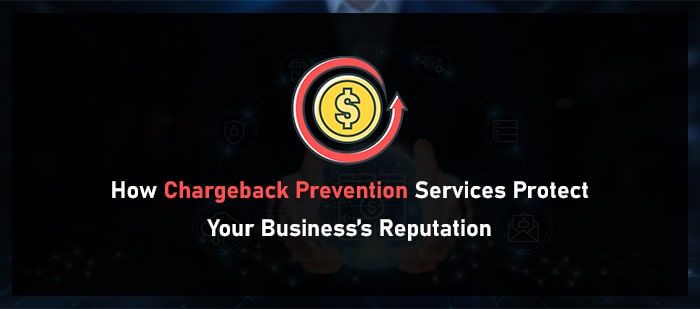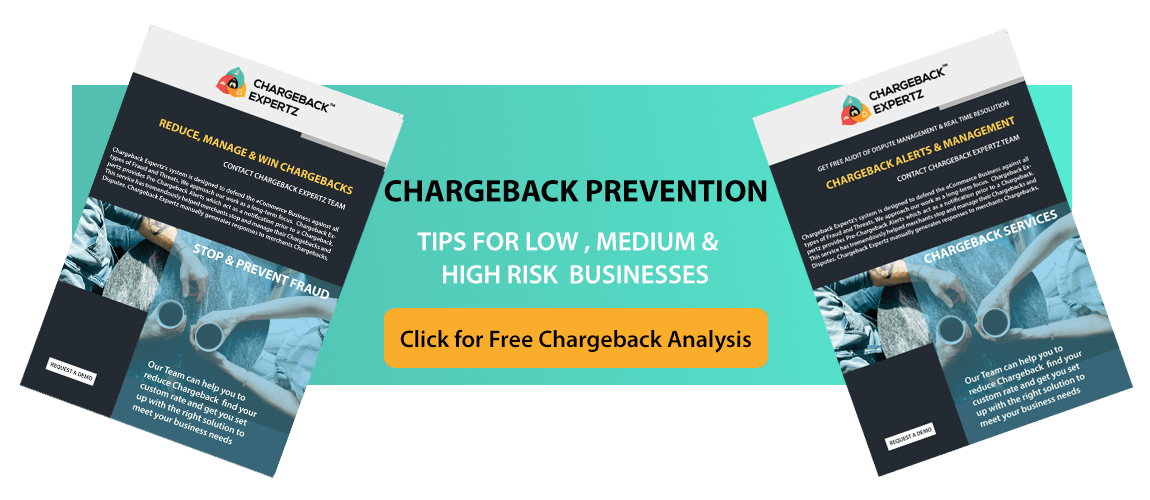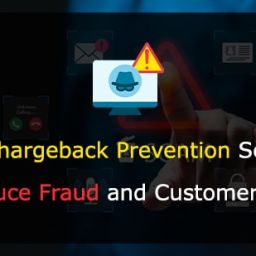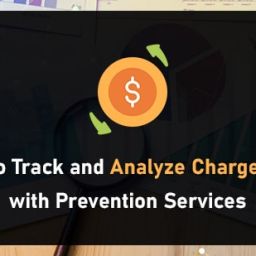
Understanding Chargebacks
Chargebacks pose a considerable challenge for businesses today, affecting both their financial health and standing. Essentially, a chargeback takes place when a customer disputes a transaction, prompting their bank to initiate a refund without involving the merchant. Initially, this process was designed to protect consumers from fraudulent and unauthorized transactions. However, its simplicity has led to frequent misuse, creating a significant issue for many businesses.
Grasping the underlying causes of chargebacks is vital for any business owner. Common triggers include unauthorized transactions, customer dissatisfaction with a product or service, or delivery issues. Sometimes, chargebacks are filed due to customer mistakes or forgetfulness. Regardless of the cause, frequent chargebacks can place a heavy financial burden on businesses and tarnish their reputation, necessitating proactive measures to manage them.
Understanding chargebacks also involves recognizing how they impact various aspects of business operations. For instance, chargebacks often come with hefty fees and penalties imposed by banks and credit card companies. These costs can quickly add up, especially for businesses that process a large volume of transactions. Furthermore, a high chargeback rate can lead to stricter scrutiny from financial institutions and may even result in higher processing fees or account termination.
Moreover, the time and resources required to manage and dispute chargebacks can divert attention away from other critical business activities. This administrative burden can impede growth and operational efficiency, making it crucial for businesses to implement strategies to reduce chargeback occurrences. By gaining a comprehensive understanding of chargebacks, businesses can better equip themselves to handle these disputes effectively, safeguarding both their financial health and their standing in the marketplace.
Some Related Blogs
- Chargeback Prevention Services vs. Chargeback Management: What’s the Difference?
- How Chargeback Prevention Services Help Reduce Fraud and Customer Disputes
- Best Practices for Implementing Chargeback Prevention Services
- How to Integrate Chargeback Prevention Tools with Your Payment Gateway
The Role of Chargeback Prevention Services
Chargeback Prevention Services are essential for businesses aiming to manage and reduce the risks of chargebacks. These services provide a range of tools and strategies designed to identify and resolve disputes before they escalate. Using advanced technology and analytics, they can pinpoint patterns that signal potential fraud or customer dissatisfaction.
One key feature of these services is real-time alerts. These alerts notify businesses of potential issues as soon as they arise, allowing for immediate action. Comprehensive reporting is another vital component, offering insights into trends and causes of chargebacks, which can help in refining business practices. Automated responses to disputes are also a major benefit, enabling businesses to address issues promptly, often resolving them directly with customers before they contact their bank.
Additionally, chargeback prevention services often come with robust customer support and educational resources. These resources can help businesses understand the intricacies of chargebacks and equip them with the knowledge needed to manage disputes effectively. Some services even offer customized solutions tailored to the specific needs and transaction patterns of a business, enhancing their overall effectiveness.
Beyond these features, the ability to resolve disputes quickly and efficiently can improve customer satisfaction. When customers see that their issues are addressed promptly, it fosters a sense of trust and reliability. This proactive approach not only minimizes the financial impact of chargebacks but also helps maintain a positive relationship with customers.
By leveraging these tools and strategies, businesses can significantly reduce the occurrence of chargebacks, saving time, money, and resources. Chargeback prevention services thus serve as a critical component in maintaining the financial health and customer relations of a business.
Benefits to Your Business’s Reputation
Reducing chargebacks builds customer trust and confidence in your brand. When customers see their disputes handled fairly and promptly, they are more likely to make repeat purchases. This sense of trust can foster increased customer loyalty and positive word-of-mouth referrals, which are invaluable assets for any business.
In today’s competitive market, maintaining a positive business image is crucial. A company known for efficiently handling disputes and maintaining high customer satisfaction is more likely to attract new clients and retain existing ones. Chargeback prevention services play a key role in this by ensuring that customer issues are promptly addressed, thereby reducing the chances of negative reviews and complaints.
![]()
Email us anytime!
Email customer service 24/7
![]()
Call us anytime!
Reach customer care 24/7 at +1 (888) 901-8653
Additionally, these services demonstrate a commitment to transparency and accountability, further enhancing your business’s reputation. Customers appreciate businesses that take their concerns seriously and work to resolve them quickly. This proactive approach helps to establish a solid foundation of trust and reliability, which can set your business apart from competitors.
Effective chargeback management also shows financial institutions and payment processors that your business is low-risk, which can lead to more favorable terms and lower fees. This not only boosts your financial standing but also reinforces your business’s image as a reputable and trustworthy entity.
Ultimately, the impact of chargebacks extends beyond immediate financial losses; it affects customer perception and brand image. By implementing chargeback prevention strategies, you can protect your business’s reputation, ensuring long-term success and stability in the marketplace.
Financial Advantages of Preventing Chargebacks
Preventing chargebacks offers significant financial benefits for businesses beyond just reducing fees and penalties. One immediate advantage is improved cash flow. When a business experiences fewer chargebacks, it faces fewer interruptions to its revenue stream, allowing for more predictable financial planning. This stability is essential for allocating resources effectively and making strategic investments.
Another financial benefit is the reduction in administrative costs associated with managing and disputing chargebacks. Handling disputes can be a time-consuming process that diverts resources away from other critical areas of the business. By minimizing chargebacks, businesses can save on labor and operational costs, allowing them to reallocate these resources to growth-oriented initiatives.
Additionally, maintaining a low chargeback rate can lead to more favorable terms with financial institutions and payment processors. Businesses perceived as low-risk are often rewarded with lower processing fees and better contract terms, which can result in substantial savings over time.
Preventing chargebacks also helps preserve profit margins. When chargebacks occur, businesses not only lose the sale but may also incur costs related to shipping, handling, and restocking. By reducing the incidence of chargebacks, companies can better protect their profits and ensure that revenue from sales remains intact.
Finally, the financial benefits of preventing chargebacks extend to enhancing overall business stability. With fewer disputes and associated costs, companies can focus on expanding their operations, improving customer service, and enhancing their product offerings. This proactive approach supports long-term financial health and positions the business for sustained success in the marketplace.





